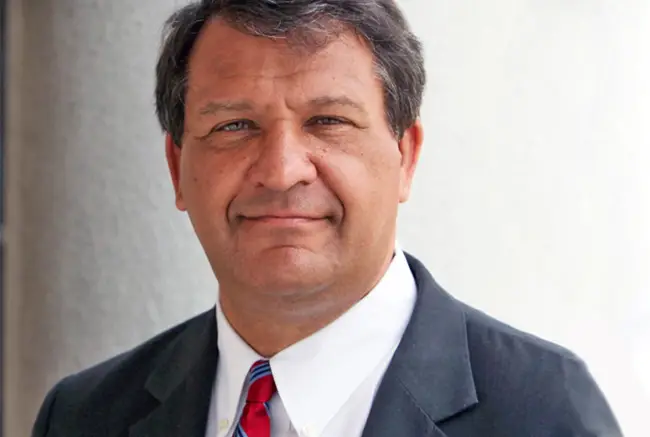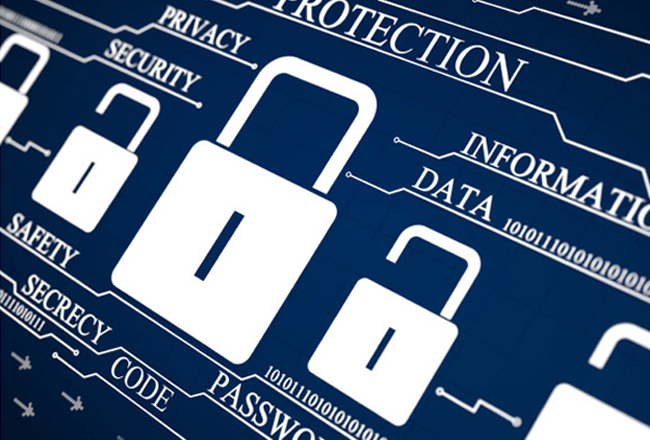An executive order from Gov. Andrew M. Cuomo authorizes Westchester County Executive George Latimer to put into effect his plan to eliminate late fees and interest for late payment of county taxes by property owners who have suffered financial hardship due to the COVID-19 outbreak.
Latimer had asked the county’s Board of Legislators to pass a bill that would allow municipalities to waive the extra charges for any person or entity that could demonstrate they’d been hurt and extend the deadline for them to pay from April 30 until July 15.

The legislators decided against moving forward with Latimer’s bill and passed a plan of their own, which reduced the late fee and made the break available to all taxpayers with no demonstration of hardship required.
Latimer told the Business Journal that his office worked with the governor’s office on going the executive order route and that state Assemblyman David Buchwald also was involved in the process.
Latimer said that in addition to helping taxpayers, he’ll be able to offer a benefit to municipalities by allowing them to delay submission to the county of all of the county tax money they collect. Normally, the municipalities are required to remit to the county all of the taxes they collect on the county’s behalf by May 25. The governor’s executive order extends that deadline for this year to July 15 and allows Latimer approve a municipality holding onto some of the money to help with its cash position.
The executive order allows for the county executive to accept less than 60% of the money due on May 25 as long as the municipality waives residents”™ late fees.
“If there are dire circumstances we may go further than we would with other communities,” Latimer said. He suggested that Scarsdale, for example, likely would have no problem in sending the county 60% of the county tax money it has collected but Mount Vernon might have difficulty.
“I don’t know that for sure but at least it gives us the flexibility and the sole requirement we make of them is that they lift fees for people who qualify.”
Latimer said that the county would remain solvent even if its revenues were reduced from what normally would have been expected to come in by May 25.
“We can absorb a ‘haircut.’ Now, they’re going to have to pay us the rest of the money in October so we’d have a higher receivable in October when most of this, we hope, is behind us,” Latimer said.
To have the fees waived, the resident or business must certify economic hardship caused by COVID-19. The threshold for the certification requires, in part, that a resident must have qualified for the STAR exemption, is not paying property taxes through an escrow account and can assert that they have suffered loss of substantial employment income as a result of COVID-19.
Banks or other servicers who pay on behalf of property owners do not quality for the benefit.
Quick reaction came from John Ravitz, executive vice president and CEO of The Business Council of Westchester. He said the executive order “will send a strong message, to the residents and the business community in the county, that they will have some well-deserved breathing room regarding their payments of county taxes. This was simply the right thing to do as businesses continue to navigate through this crisis.”
Praise for the move also came from Peekskill Mayor Andre Rainey, Yorktown Supervisor Matt Slater, Pelham Town Supervisor Dan McLaughlin and White Plains Mayor Tom Roach, among others.
Roach said, “Many don’t realize that although we collect the taxes on behalf of the county they are not city taxes. Additionally it is important to note that the city must guarantee payment to the county whether the individual taxpayer has made timely payment or not. It was our intent to waive the penalties but (we) needed the legal structure to do so. That has now been provided.”






















